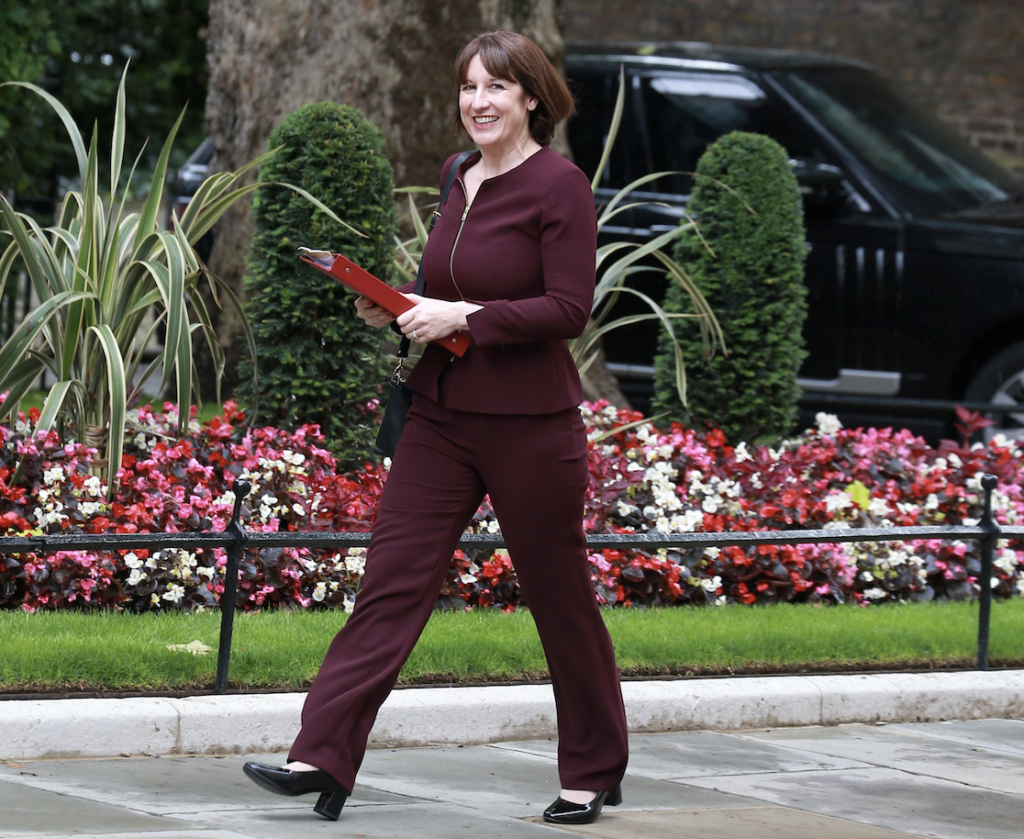Chancellor Rachel Reeves is reported to have ‘stepped back’ on plans to scrap higher rate tax relief on pension contributions.
There had been significant speculation that Reeves might target pension funds in her first Budget, due on October 30, to plug what the government has descried as a £22bn black hole in the nation’s finances.
But The Times today reports that while abolishing 40 per cent tax relief would have raised significant funds from the Treasury, Reeves is concerned about potential complications when it comes to DB schemes, and the disproportionate impact on public sector workers on relatively modest pay.
For example a nurse or teacher earning £50,000 would face a tax bill of £1,000 if this higher rate tax relief was removed. The Times reports one senior government figure as saying it would be “madness” to inflict large tax rises on public sector workers, having just given them a pay rise.
A number of think tanks and policy groups have in recent years championed a flat rate of tax relief on pensions, say at 25 to 30 per cent. Depending on the level at which this was set, it could potentially save significant sums for the Exchequer, while being seen as a more progressive tax break, with much of the cost of this relief currently going to higher earners. A flat rate of tax relief could give a pension boost to lower earners, although it would make pension contributions more expensive for those earning above £50,000.
However, while a government raid on tax relief appears to have been ruled out there is still speculation that Reeves may either reduce the tax-free cash limit, currently set at £268,275, or making pensions subject to inheritance tax. There has also been speculation that Reeves could levy national insurance on employer pension contributions.
Commenting on this latest report Hargreaves Lansdown head of retirement analysis Helen Morrissey says: “A flat rate of pension tax relief is off the table, according to recent speculation. This follows concerns about the impact it would have on public sector workers, but will no doubt be greeted with a sigh of relief by public and private sector workers alike.
“This has not been officially confirmed, but the introduction of a flat rate of relief would have been highly complex, expensive and brought further confusion to an already tangled system.”
She adds that other options remain on the table – most notably reducing the amount of tax-free cash people can take from their pension. “The lump sum allowance was set at £268,275 by the last Government when they removed the lifetime allowance. This meant that if people built up pensions over and above that previous allowance they would not have access to the generous 25% tax free lump sum on monies over the allowance. Any move to restrict it further will be unpopular with those planning their retirement with higher levels of saving.”
She adds that the constant moving of the boundaries, particularly so soon after the lifetime allowance risking making forward planning more difficult for both savers and advisers.
“What we really need is clarity for those with pensions below this limit. This ongoing speculation about changes to tax-free cash is damaging.
“The Chancellor has recognised that businesses need certainty in the taxation environment to make investment decisions. The same is true of our personal finances. The government have left people to make impossible decisions about their investments and pensions. The sooner changes such as raiding tax-free cash, can be ruled out, the more people can focus on the long term again.”
